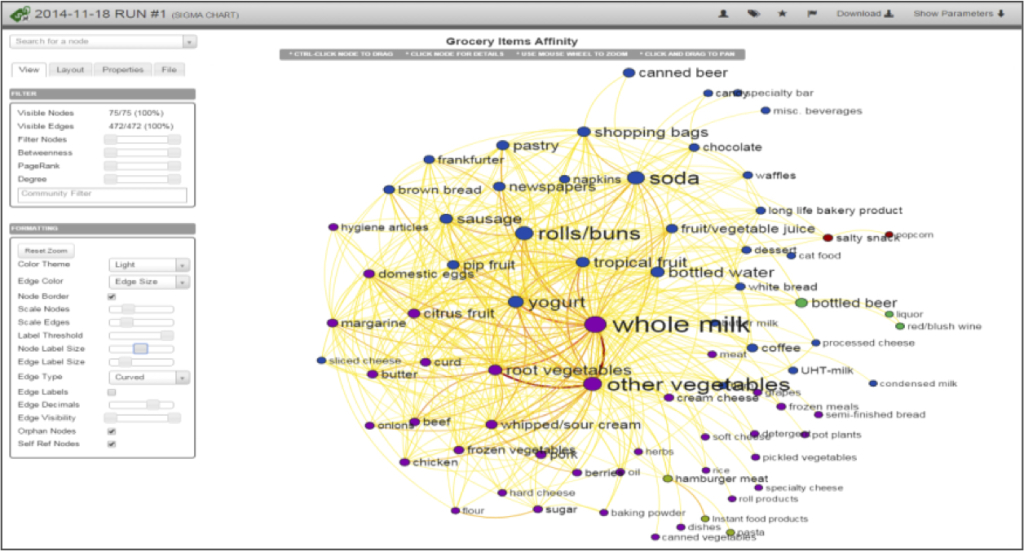While Data Scientist and Business Analyst are uncovering incredible insights, the big question is how useful is that information to the business and business user? Data Scientists understand the analytics and the data, often using data science language. This can create a barrier to business users. They don’t want to say they don’t understand it or that they don’t have the aptitude or desire to become a Data Scientist. The fact is if you are not a data scientist you probably don’t want to become one. If you wanted to be one, you would become one.
So how can business users make sense of all the data that is being collected? Business users speak in business terms – lead conversion rates, reducing churn, increasing customer lifetime value. And that is NOT SQL language. However, to make better decisions about their campaigns and their overall business, they do need to use big data insights. I emphasize insights, but data itself is not helpful unless it provides actionable insights. To use the data, business users are craving an easy to use interface and interactions through visualizations. And they need it to be convenient to use, so they can get the answers they need whenever they need it.
Teradata, for instance, has taken a step forward to solve this dilemma with a new solution by expanding its technology solutions to include applications that make the analytics accessible and consumable for the typical business user. It’s very important to assure business users that the data is in scalable and reusable apps that so that it makes sense to business users.
Teradata calls this capability Big Data Apps. They are purpose-built apps designed to answer specific business questions. They were created by the data science experts who were focused on solving a business issue, like understanding the path of a customer who is about to churn and customer sentiment. In other words, they see these big data apps as a self-service big data discovery designed for non-data scientists to be use specifically by business users to delivers powerful, interactive visualizations to enable quick, impactful decisions and provide the fastest time to value.
Often extracting value from big data requires specialized skills & resources. The big data apps expand big data access to a broader set of users. The industry specific big data apps provide a number of vertical industries support to make better business decisions. Those include: retail, telco and cable, healthcare, travel and hospitality, entertainment and gaming as well as consumer financial institutions.
As an example, for retail, the business issues the big data apps are designed to solve are:
- Paths to Purchase
- Attribution (multi-channel)
- Shopping Cart Abandonment
- Checkout Flow Analysis
- Website Flow Analysis
- Customer Product Analysis and
- Market Basket & Prod Recommendations.
In the retail sector, for instance, the retail app could be applied to shopping carts and product recommendations. For example, determining the affinity between specific products plays an important role in understanding what products should be recommended to consumers based on past and current purchases and where products should be placed on store shelves. In this scenario, the way the big data app would work is that it would use the Aster Collaborative Filter and Recommender functions to output recommendation data and a visualization of the data.
In the healthcare industry, the big data apps provide information on:
- Paths to Surgery
- Admission Diagnosis Procedure Paths
- Patient Affinity of Symptoms and Medicines and Cures
- Patient Compare of Illnesses and Symptoms
- Impact Analysis of Patient Care and
- Drug Prescription Affinity Analysis among similar and dissimilar patients.
And in Travel & Hospitality, the big data apps provide:
- Customer Review Text Analysis
- Website Conversion Paths
- Diminishing Loyalty and
- Customer Review Sentiment Analysis.
So the question is – is this enough? Will this help business people find big data useful. Everyone was in the race to get big data. Now the race seems to be for the ability to make big data useable. Looking forward to talking to some of Teradata’s customer who are using the big data apps to hear what they think.
@drnatalie
Constellation Research



